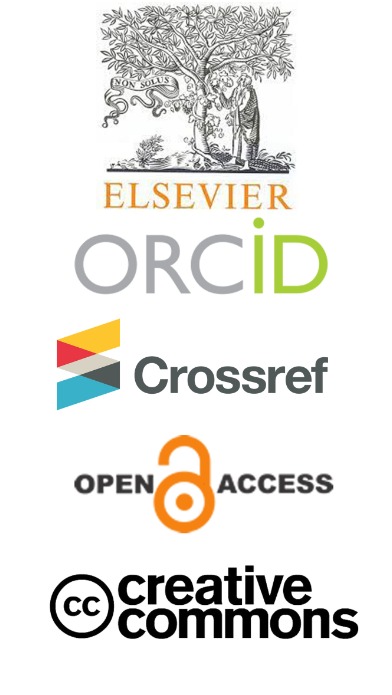Publication Ethics
Ethical Guidelines
In order to preserve and promote the transparency and integrity of the submission/ review/ manuscript improvement/ publication process, Res Militaris pledges to follow the recommendations and standards set forth in the Committee on Publication Ethics’ (COPE) Core Practices: cf. https://publicationethics.org/
These standards include the following:
o Submitted manuscripts are evaluated for their intellectual content regardless of the race, gender, sexual orientation, religious beliefs, ethnic origin, citizenship, or political philosophy of the authors.
o The chief editor is responsible for deciding which of the submitted articles should be published. He or she may be guided by the policies validated by the journal’s Editorial Committee and constrained by any legal requirements then in force regarding libel, copyright infringement and plagiarism. The chief editor may confer with other editors or reviewers in making this decision.
o The manuscripts sent to peer reviewers are anonymized, and their authors are kept totally uninformed of the names of the three reviewers invited to provide an opinion on them. Peer reviewers assist the chief editor in making editorial decisions and, through editorial communication with the author, may also assist the author(s) in improving the manuscript.
o Any invited referee who feels unqualified to review the research reported in a manuscript, or who has guessed who the author is, or again who knows that he or she will be unable to meet the deadline for report delivery should immediately notify the chief editor so that alternative reviewers can be contacted.
o Any original information and idea in manuscripts received for review should be treated as confidential, and must not be used for personal advantage in their own research by reviewers or editorial team members unless explicitly authorized by their author(s). Likewise, the manuscripts submitted to the journal must not be shown to or discussed with third parties unless authorized by the chief editor.
o Reviewsshould be conducted objectively.Personal criticismof the author(s)isto be banned. Referees should express their views clearly with appropriate supporting arguments.
o Reviewers should identify prior, relevant published work on the same subject that has not been duly cited by the author(s). Any statement that an observation, derivation, or argument had been previously reported should be accompanied by the relevant citation. A reviewer should also call to the chief editor’s attention any substantial similarity or overlap between the manuscript under consideration and any other published data of
which they have personal knowledge.
o Reviewers should not consider evaluating manuscripts in which they have conflicts of interest resulting from competitive, collaborative, or other relationships or connections with any of the authors, or institutions with other than academic interests in the article’s publication.
o Authors reporting results of original research should present an accurate account of the work performed as well as an objective discussion of its significance. Underlying data should be represented accurately in the manuscript. A submission should contain sufficient detail and references to permit others to check its accuracy. Fraudulent or knowingly inaccurate statements constitute unethical behaviour and are unacceptable.
o Proper acknowledgment of the work of others must always be given. Authors should also cite publications that have been influential in determining the nature of their work. They should thus ensure that they have authored entirely original works, and if they have used the work and/ or words of others, that this has been appropriately cited or quoted. If in doubt, the editors may apply an automated scan for plagiarism.
o An author should not in general publish manuscripts describing essentially the same research in more than one journal or primary publication. However, substantially revised or expanded versions of an article already published, or again versions of it penned in a language other than the original, are acceptable.
o Parallel submission of the same manuscript to more than one journal constitutes unethical publishing behaviour and is unacceptable.
o Authorship should be limited to those who have made a significant contribution to the conception, design, execution, or interpretation of the reported study. All those who have made significant contributions should be listed as co-authors as of the moment of manuscript submission. Where others have participated in a minor way in substantive aspects of the research project, their names and the nature of their contribution should be
mentioned in an Acknowledgement section.
o All sources of financial support for the project should be disclosed.
o When an author discovers a significant error or inaccuracy in his/her own published work, it is his/her obligation to promptly notify the journal’s chief editor so that an appropriate solution can be found.
o In cases of alleged or proven scientific misconduct, fraudulent publication or plagiarism, the chief editor will take all appropriate measures to clarify the situation and to amend or, in the most severe cases, retract the article in question.



